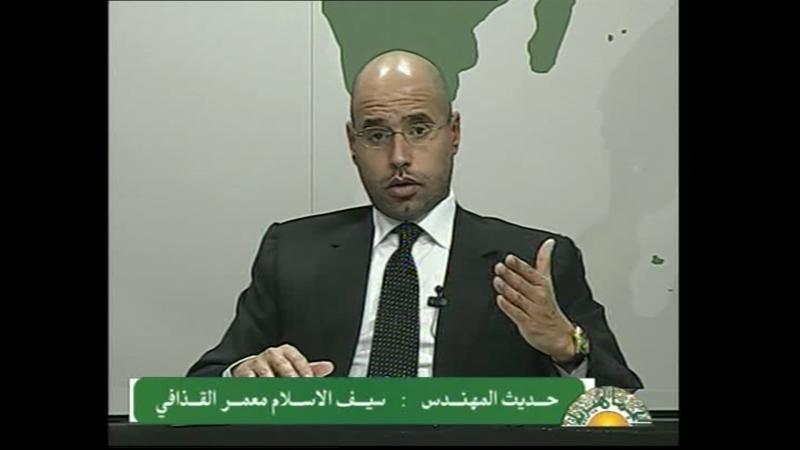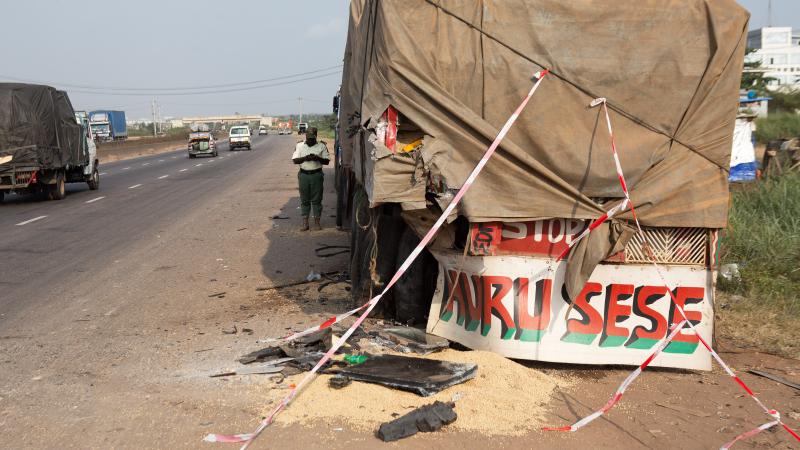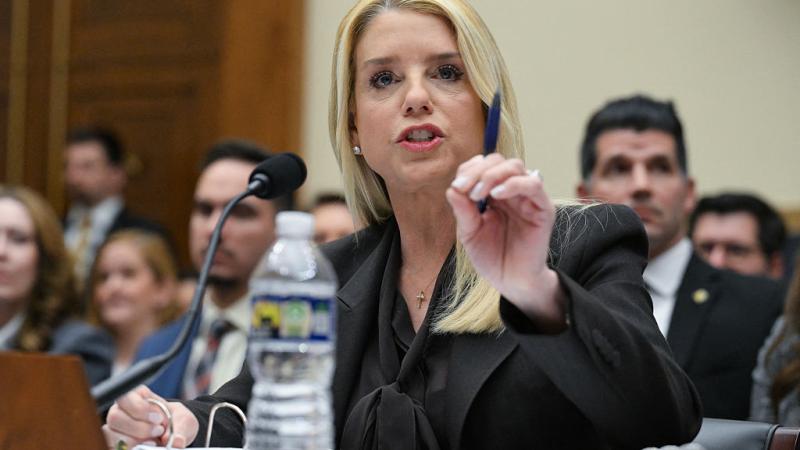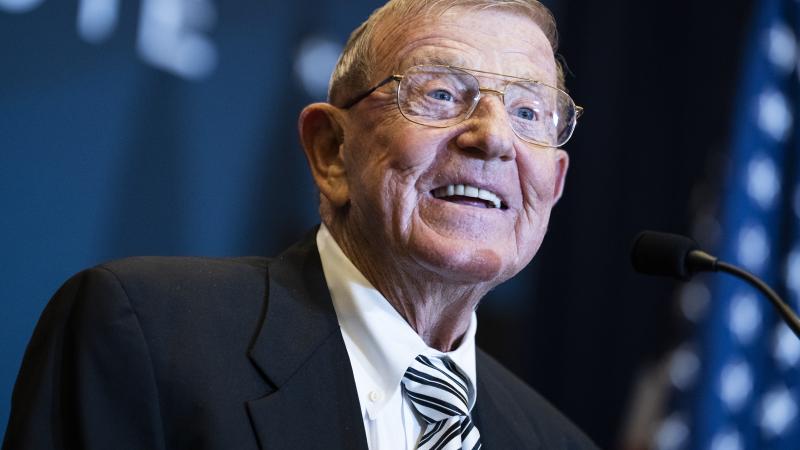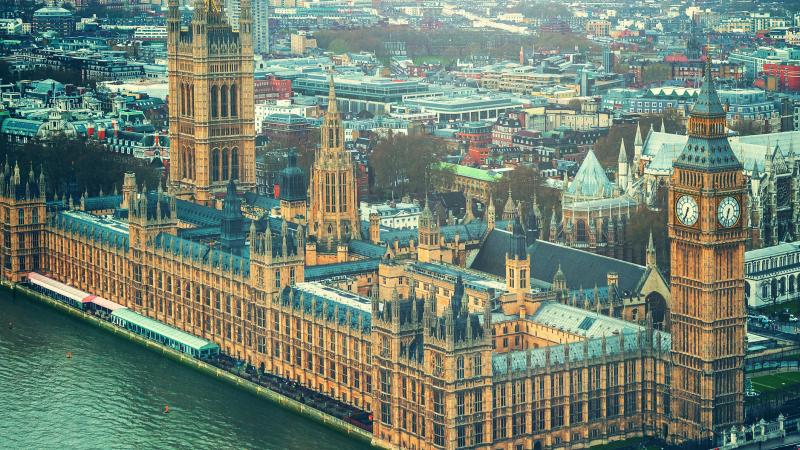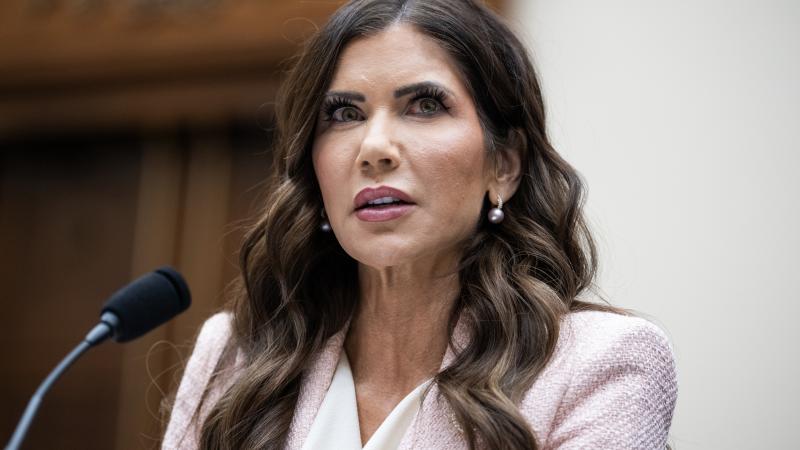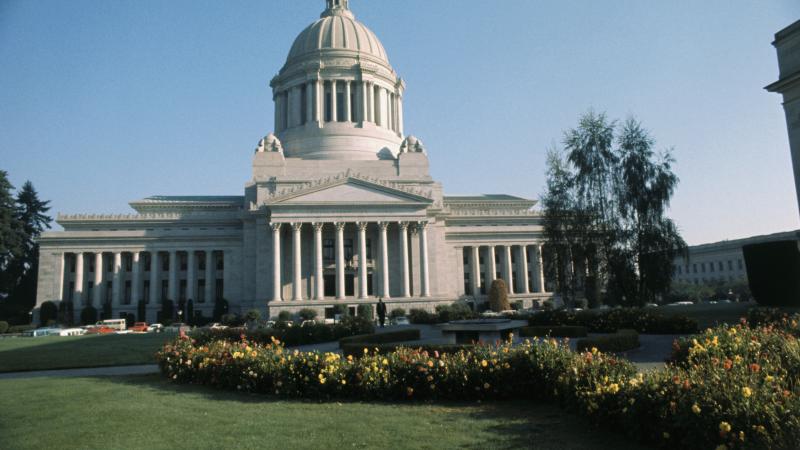Grassley: Don't repatriate looted funds to a Nigerian government sharing recovered loot with looter
After gaining forfeiture of plundered Nigerian assets to return to the corruption-ridden nation, the DOJ is stymied — by Nigeria — in effort to recover, return additional plunder
An impasse between the Trump administration and Nigeria over funds embezzled by former dictator Sani Abacha widened Wednesday with a call from Senate Finance Committee Chairman Charles Grassley for a review of plans to return the money to Abuja.
Gen. Abacha seized power in 1993 and ruled Nigeria until his death five years later. Condemned by human rights groups for torture and extra-judicial killings, Abacha is alleged to have stolen more than $2 billion while in office. Substantial amounts were clawed back in a global audit after the country returned to democracy.
The U.S. Department of Justice recovered over $300 million of those ill-gotten gains through the U.S. courts, and in February the U.S. reached a three-way agreement with Nigeria and the Bailiwick of Jersey to repatriate the recovered funds to Nigeria.
But in a letter to Deborah Connor, director of the Money Laundering and Asset Recovery Section at the Department of Justice, Senator Grassley said it would be wrong to return the money, “without first insisting on proper safeguards to prevent further misuse of the funds.”
Grassley is concerned by Nigerian plans to wrest legal control of a separate pot of $177 million in looted funds DOJ is also trying to recover. If the Nigerian litigation succeeds, the current Nigerian government of President Muhammadu Buhari plans to divert roughly $100 million of that sum to one of the very Abacha associates the DOJ says was complicit in the original plunder of those ill-gotten gains, Abubakar Bagudu, who is now governor of Kebbi State in Nigeria.
Despite being arrested in Houston in 2003 on charges of embezzlement and corruption, Bagudu was quoted in February by the press in Lagos as saying he had "done nothing wrong" in requesting a share of the Abacha millions.
In a deal with the U.S. Department of Justice, Bagudu agreed to return $160 million in stolen cash in return for extradition to Nigeria. However, upon return to the country he was not questioned by authorities and is now a key member of President Buhari’s ruling party, the All Progressives Congress.
“Nigeria’s corrupt history, its plan to return stolen money to an official involved in the original corruption, and its refusal to assist the U.S. with an Abacha forfeiture action raise serious questions about how the Money Laundering and Asset Recovery Section (MLARS) is handling these matters,” Grassley wrote in his letter.
“Particularly,” the letter continues, “it seems odd that the DOJ would help facilitate the payment of $320 million to the Nigerian government without first insisting on proper safeguards to prevent the further misuse of funds, as well as full cooperation in other forfeiture actions related to the Abacha loot.”
Grassley said the money should be withheld until assurance was received that it would be allocated to state projects along with safeguards to “prevent Nigeria from using the funds to pay contractors with a history of violating the Foreign Corrupt Practices Act.”
Dr. Sylvanus Ayeni is a Nigerian-born neurosurgeon who spent much of his career in Washington. In 2017, his book “Rescue Thyself” shocked the aid industry with evidence of the widespread loss of funds marked for development.
Now retired, Ayeni lectures on health, governance, and human rights and says the U.S. should not hand over “one single cent” of the Abacha loot.
“In the past 50 years, the United States alone has given more than a trillion dollars in aid to Africa, and I challenge you to find where it went,” he said.
"There are some schools, wells, and other improvements,” he continued, “but 600-million Africans still live without electricity. And huge numbers don't have proper sanitation and access to clean water, more than half a century after independence."
Ayeni, who has worked on African development issues in both education and healthcare, said guarantees needed to be "watertight."
“I love Nigeria with all my heart and it pains me to say this, but corruption is still there on a scale most Americans would find hard to believe,” said Ayeni. “I fear this money will simply vanish.”
He said it would be better for the U.S. to establish and monitor development projects funded by the stolen cash.
In March, the Brookings Institution published a report on the covert flow of funds, estimating that $1.3 trillion had been transferred out of Africa illegally since 1980. Other monies remain on the continent, and South Africa is investigating a claim of billions being moved from Libya to investment shelters in Johannesburg by former leader Muammar Gaddafi, who was assassinated in 2011.
Reports suggest Attorney General Barr is under pressure to handle the repatriation of the money so as not to damage relations with Nigeria, one of the Pentagon’s closest allies in the war on terror. The country has been plagued by attacks from the jihadist terroirist organization Boko Haram.
But Grassley, citing Amnesty International and other human rights groups, said the U.S. needed to investigate alleged abuse, including reports that up to 20,000 Christians have lost their lives since Mr. Buhari came to power in 2015.
He did not accuse the Nigerian government of complicity in the killings, but said extremists had been “emboldened” by a “failure to adequately combat” those responsible.
He also demanded support for Nigerian journalist and green card holder Omoyele Sowore, who is being detained “in a blatant transgression of international norms,” even after being released by a court order. Mr. Owore and others opposed to president Buhari were “incarcerated in disastrous conditions,” Grassley said.
“Given all these circumstances, it is critical for Congress to understand what steps the United States government is taking,” Grassley wrote, “before it helps transfer hundreds of millions of dollars to Nigeria, to ensure that the money is not fueling more corruption and government abuse.“
The senator set an April 23 deadline for a reply from Ms. Connor, including a copy of the agreement between the U.S. and Nigeria over the funds and a list of steps — if any — being taken to monitor what happens to the money once it reaches Abuja.
“It is imperative that repatriated funds seized from a previously corrupt regime are used appropriately,” he said
The U.S. has been reviewing relations with a number of African states where terror groups are active amid allegations that rebels are being shielded for commercial reasons by members of government.
In Mozambique, a local branch of al-Shabaab has murdered hundreds of civilians near the northern border with Tanzania. Like Boko Haram, they reportedly fund operations through the warehousing and sale of drugs and counterfeit goods, while critics say the state takes little action to curb the trade.
Dr. Ayeni said it was an example of how “complex the lines of control” can be.
“In Africa there are always plots and subplots worthy of Shakespeare,” he said.
“This is why so much aid goes missing, and I only hope Mr. Barr takes that into account when he rules on this money.”

